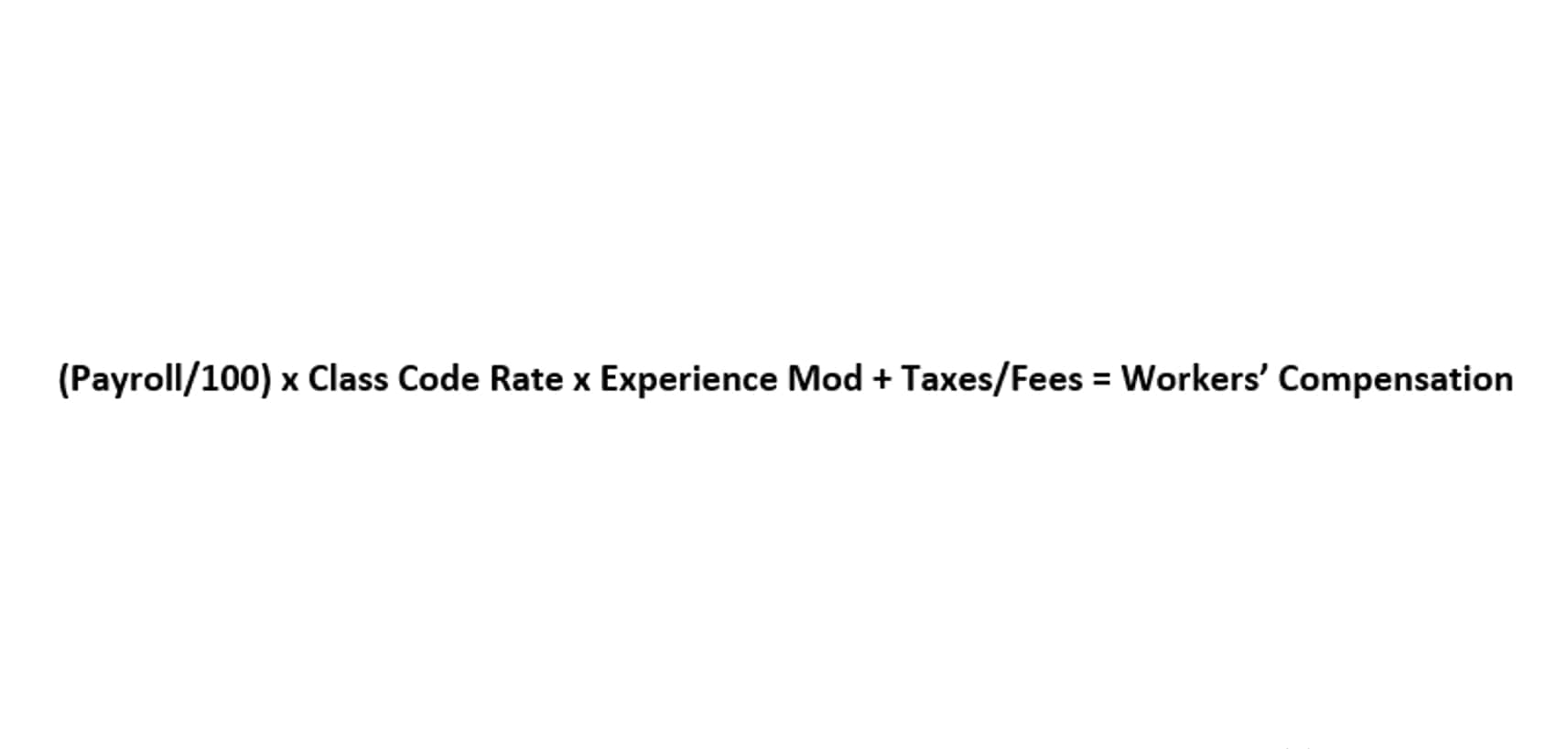
On the other hand, because the shipping will be the buyer’s responsibility in this case, oftentimes buyers must purchase additional insurance in case of any sort of accident or damage to the goods. Under Free on Board, the seller is responsible for delivering the goods to the port of departure, clearing it for export, and loading the goods on the vessel. Once the goods are on the vessel, the risk transfers from the seller to the buyer, who from that point is responsible for all costs thereafter. If your business buys or sells goods overseas, choosing the best Incoterms® rule for your cargo can sometimes be confusing, especially if you’re new to the world of overseas freight shipping. Accurate transaction documentation is crucial for complying with accounting standards and regulations.
- Customer-arranged pickup, in which the buyer arranges to have the goods picked up from the seller’s location and assumes responsibility for them at that time, may replace any FOB conditions.
- FOB shipping costs are important to a buyer because they affect their inventory costs.
- FOB on an invoice stands for Free On Board or Freight On Board and refers to the point after which a business shipping products to a buyer is no longer responsible for the items.
- As the goods shipped from the seller, the buyer would have to add $50,000 to their inventory and $50,000 to their accounts payable.
- Free on Board shipping is further broken down into either FOB Destination or FOB Shipping Point, which essentially determines who foots the majority of the transportation bill – the buyer or the seller.
- Free on Board is a shipping designation used to specify obligations and responsibilities for goods when they are shifted from seller to buyer as sea freight.
Would you prefer to work with a financial professional remotely or in-person?
- The seller maintains ownership of the goods–and responsibility for replacing damaged or missing items–under the FOB destination agreement until goods arrive at their destination.
- When an order is “FOB origin,” it means the transfer of ownership happens when it leaves the seller’s hands.
- The seller maintains ownership of the goods until they are delivered, and once they’re delivered, the buyer assumes ownership.
- This centuries-old shipping term has evolved into a critical concept of determining the reliability and ownership transfer.
- Many sellers prefer to make FOB shipping point deals, because then the buyer will foot the cost and liability for transport.
It’s the cornerstone that defines who pays for shipping costs, who assumes ownership, and where responsibility begins and ends between a buyer and seller. Imagine the same situation above, except the agreement terms are for FOB destination. Instead, the manufacturer retains ownership of the equipment until it’s delivered to the buyer. Both parties don’t record the sale transaction in their general ledgers until the goods arrive at the buyer’s location.
- Often misunderstood as a keychain accessory, the fob holds a deeper significance in various contexts.
- An FOB shipping point agreement is signed and the container is handed off to the freight carrier at the shipping point.
- If the Freight On Board is indicated as “FOB delivered,” the seller or shipper will be wholly responsible for all the costs involved in transporting the consignment.
- FOB shipping point (aka FOB origin) means that the title and responsibility of goods transfer from the seller to the buyer at the point of shipping.
- Once the treadmills reach this point, the buyer assumes responsibility for them.
- Adding costs to the inventory means that the buyer doesn’t expense the costs right away, and this delay affects net income.
What is the difference between a bill and an invoice?
- FOB Shipping Point means that the seller transfers ownership of the goods sold at the point of origin, when the items leave the seller’s warehouse.
- Incoterms are international commercial terms published by the International Chamber of Commerce.
- Accounting for FOB impacts when revenue is recognized, and inventory is valued on financial statements.
- In FOB shipping points, if the terms include “FOB origin, freight collect,” the buyer pays for freight costs.
- However, it is common practice for the shipper to hand over the cargo to the carrier at the terminal where it awaits to be loaded onto the vessel.
- It says that sellers must deliver goods to a vessel for loading, with the buyer taking responsibility for bringing them onboard.
Now assume that a seller quoted $975 FOB destination and the seller loaded the goods onto a common carrier on December 30. Also assume that the goods are on the truck until January 2, when they are unloaded at the buyer’s location. Therefore, the seller should continue to report these goods in its inventory until January 2. The seller will be responsible for the shipping costs, which will be an expense in January when the sale is reported. If the seller of goods quotes a price that is FOB shipping point, the sale takes place when the seller puts the goods on a common carrier at the seller’s dock.

Final delivery
Such disagreements, especially when goods are in transit or have already been delivered, can be both financially and operationally taxing. FOB, while advantageous in many ways, comes with inherent transit risks, especially for the party responsible during the shipping. For buyers, FOB, especially the FOB Shipping Point, presents an opportunity to exert more control over the shipping process. Other terms, like CIF (Cost, Insurance, and Freight) or EXW (Ex Works), offer different arrangements regarding costs, responsibilities, and risk points. Throughout the transportation process, the seller remains the legal owner of the goods.

Under FOB Origin terms, buyers face cost implications, as they are responsible for expenses from the supplier’s door. Under FOB Origin terms, the buyer gains control over the shipment at the point of origin. They must arrange and pay for shipping, insurance, and additional transportation costs. This arrangement gives buyers more autonomy but also places more obligations on them. FOB, or Free on Board, is a crucial term in shipping that denotes the point at which ownership and liability of goods transfer from the seller to the buyer.

Why You Can Trust Finance Strategists

If anything happens to the goods in transit, the buyer is responsible for them—not the seller. The buyer takes responsibility for the transport cost and liability during transportation. “FOB Destination” means that the transfer completes at the buyer’s store and the seller is responsible for all of the freight costs and liability during transport. To mitigate these risks, sellers should consider their ability fob shipping point to absorb potential losses and manage shipping costs before agreeing to FOB Destination terms. Both parties must clearly understand their responsibilities and maintain open communication throughout the shipping process to address any issues that may arise. Since the quoted price typically excludes transportation and insurance costs, the final landed cost for the buyer can often be higher than FOB Destination.
Free on board is one of around a dozen Incoterms, or international commercial terms. Incoterms are published and maintained by the International Chamber of Commerce (ICC). Understanding the differences between each is as simple as knowing how much responsibility the buyer and supplier assume under each agreement. For FOB shipping, you can get an FOB price estimate using Freightos.com’s International Freight Rate Calculator. When you are shipping loose cargo (ie, not a full container), for example, your goods must go through a Container Freight Station (CFS) to be consolidated into a container. Finance Strategists has an advertising relationship with some of the companies included on this website.
For information pertaining to the registration status of 11 Financial, please contact the state securities regulators for those states in which 11 Financial maintains a registration filing. It’s crucial to understand each Incoterm’s nuances and consult experts if needed to make an informed decision. In this guide, we’ll walk you through the ins and outs of FOB accounting and what it might mean for your business. Chartered accountant Michael Brown is the founder and CEO of Double Entry Bookkeeping. He has worked as an accountant and consultant for more than 25 years and has built financial models for all types of industries.

